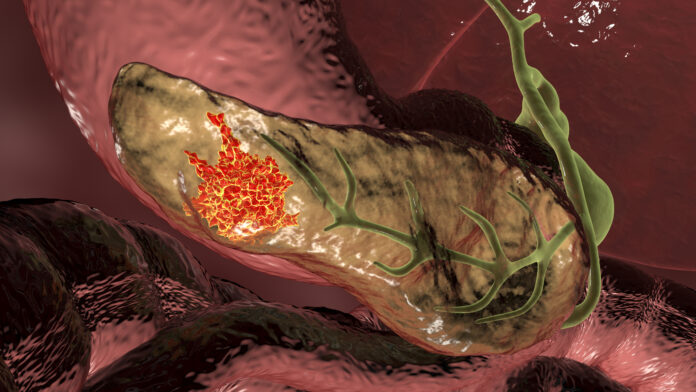December 15, 2023
1 min read
Key takeaways:
- Two years of wastewater samples in a Belgian study corresponded with clinical testing rates for 13 respiratory pathogens.
- The study is the latest to confirm that wastewater is effective for public health surveillance.
Wastewater surveillance can effectively detect upticks in viral respiratory infections, which could help identify outbreaks, another study has shown.
The study, published in Emerging Infectious Diseases, is an analysis of 2 years of wastewater samples from a city in Belgium, which identified seasonal variations in numerous respiratory viruses.

“This finding demonstrates wastewater sampling’s potential for population-level pathogen monitoring and early outbreak detection,” Annabel Rector, PhD, senior researcher at the Rega Institute for Medical Research at the University of Leuven, and colleagues wrote in the new study.
The CDC has tracked SARS-CoV-2 in wastewater since 2020 and has used it to detect upticks in cases. New York state in 2022 used wastewater to identify the spread of poliovirus to multiple counties, and a study in Calgary, Alberta, demonstrated that wastewater surveillance could confirm spikes in clinical cases of COVID-19, influenza and respiratory syncytial virus over the course of a full respiratory virus season.
In the new study, Rector and colleagues collected and analyzed wastewater samples weekly from the Aguafin wastewater treatment plant in Leuven, Belgium, from December 2020 through December 2022, screening 112 samples for circulating respiratory viruses using an in-house-developed multiplex quantitative PCR respiratory panel.
The researchers then investigated whether the samples corresponded with respiratory infections in patients at the University Hospitals Leuven at the same time.
According to the study, they detected influenza A, RSV, human metapneumovirus, parainfluenzavirus, adenovirus, bocavirus, enterovirus/rhinovirus, parechovirus, SARS-CoV-2 and four endemic seasonal coronaviruses in the wastewater samples, all of which corresponded to increased and decreased rates of testing for all of the pathogens during the time samples were taken.
“Our study underscores the role of wastewater-based epidemiology in supplementing clinical surveillance for respiratory viruses,” Rector and colleagues wrote. “It enhances understanding of community virus circulation and supports public health efforts.”










